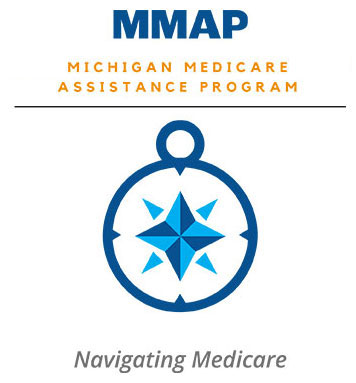MEDICARE FRAUD COSTS taxpayers and the government. Anyone can abuse the system and commit health-care fraud: health-care providers, suppliers, employees, companies. Here’s some information to help you protect yourself from related scams.
Examples of Medicare fraud you might encounter include:
- Someone uses your Medicare card to get unauthorized supplies, equipment or care
- A provider bills Medicare for services or equipment that you never received
- A company offers a Medicare drug plan that is not Medicare approved or uses false information to mislead you into joining a plan
Protect yourself from Medicare fraud by taking these steps:
- Make sure a provider is Medicare To see if a provider is Medicare approved, visit medicare.gov or call 1-800-MEDICARE (633-4227).
Keep a record. When you get health- care services, record the dates and save receipts and statements in a file or notebook from providers so you can track if any mistakes are made. Keep and review your Medicare Summary Notices if you have Original Medicare.
- Check statements If you aren’t sure about a Medicare charge, call the service provider, the supplier and the customer service number on your statement immediately. If you’re still not sure of a charge or are unsatis- fied with a provider’s response to your inquiry, call your local Senior Medicare Patrol (smpresource.org), a group of trained volunteers who show Medicare and Medicaid recipients how to protect against, detect and report fraud.
- Protect your Medicare card and number. Carry your Medicare card and practice discretion when giving out your Medicare number. Follow the rules for protecting your personal information: Generally, know who you are sharing your personal information with, be on guard for potential scams and do not give out any sensitive information to someone you do not know. If you think you’ve lost your Medicare card, call the Social Security Administration at 1-800-772-1213.
Be suspicious of doctors, health- care providers or suppliers who:
- Tell you that tests become cheaper as more of them are
- Call and say they represent Medicare or the federal Medicare will not call and ask for personal information.
- Use pressure or scare tactics to sell you expensive medical services or diagnostic Medicare-covered services are never a limited-time offer.
- Offer non-medical transportation or housekeeping as Medicare-approved
- Offer free Medicare If you need to find a federally funded health center that is free or low-cost, visit the Health Resources and Services Administration (hrsa. gov) or use the Partnership for Prescription Assistance’s free clinic finder (pparx.org).
If you suspect Medicare fraud, contact the following:
Medicare at 1-800-MEDICARE (633- 4227). Tips from beneficiaries help Medicare
identify scams and schemes as they are emerging. Medicare takes action to stop the bad behavior and makes sure such providers are not providing services to people with Medicare. You may be eligible for a monetary reward if you report fraud and certain condi- tions are met.
- Your local Senior Medicare Patrol
The Office of Inspector General (OIG) Hotline Operations (forms.oig.hhs.gov/hotline operations). OIG Hotline Operations accepts tips and complaints from all sources about potential fraud, waste, abuse and mismanagement in U.S. Department of Health and Human Services programs.
- The Federal Trade Commission at gov (if you suspect identity theft)
When you contact them, have the following information on hand:
- Your Medicare number
- The provider’s name and identifying number
- The payment amount approved and paid by Medicare
- The date of the service or item in ques- tion and the reason you think Medicare should not have paid
Any other supporting information you have explaining why Medicare shouldn’t have paid for a service or item
Article courtesy of Costco

